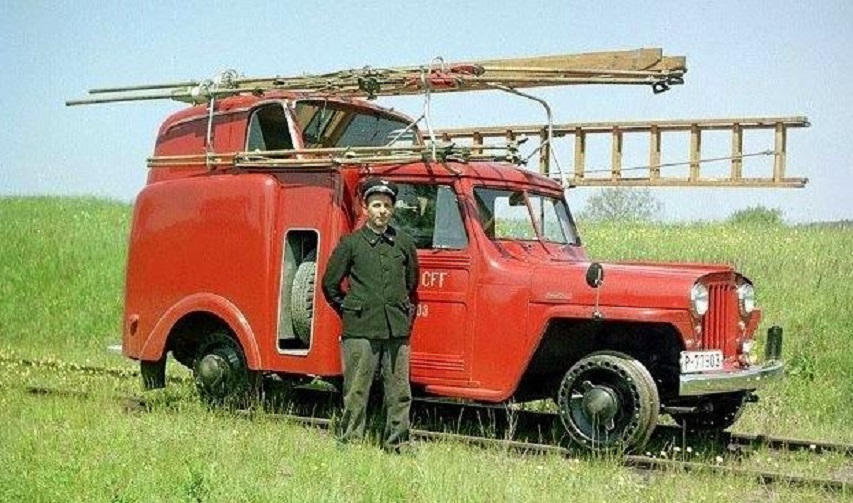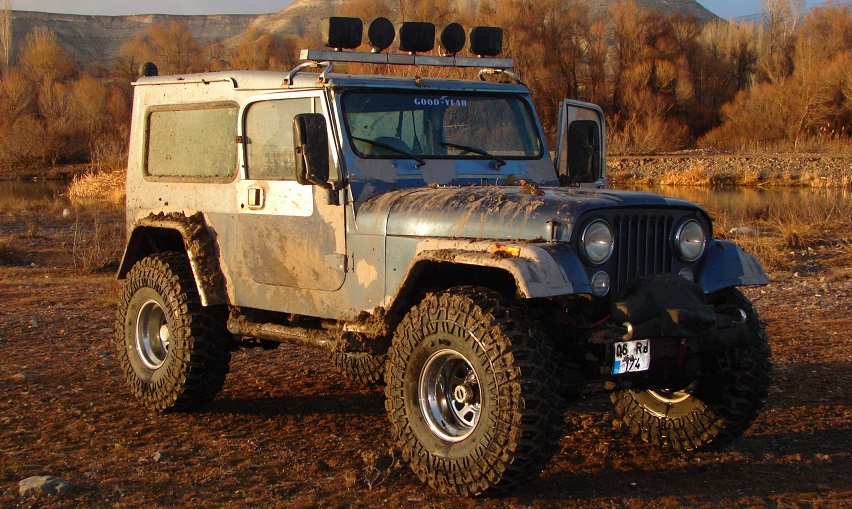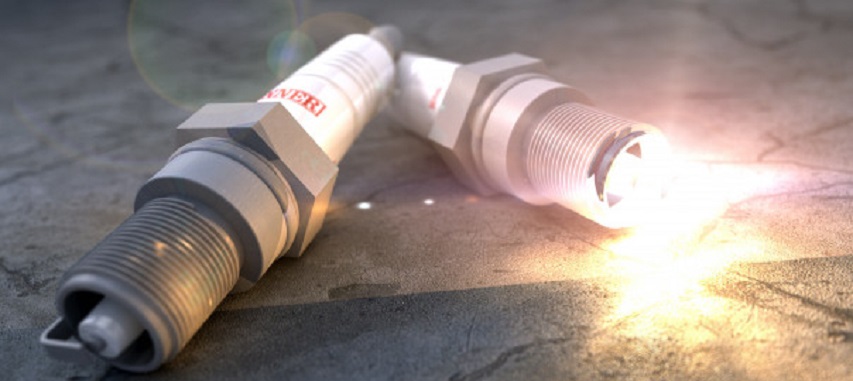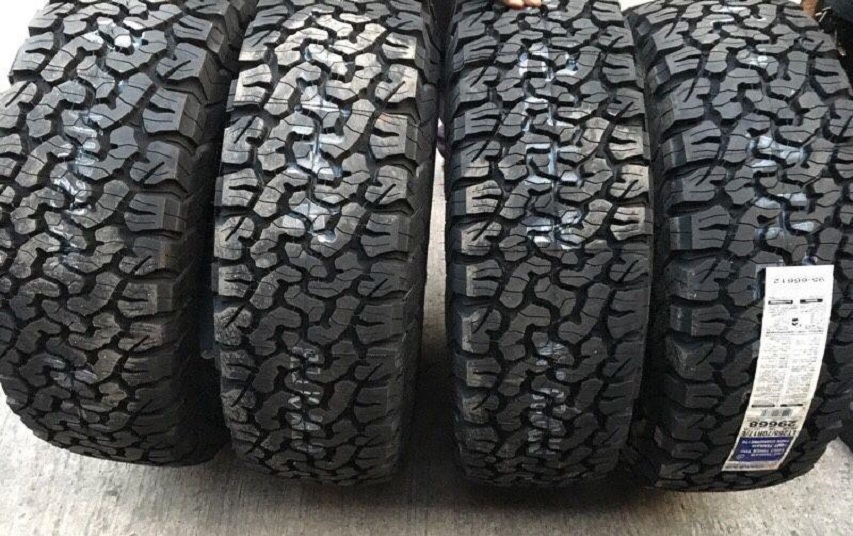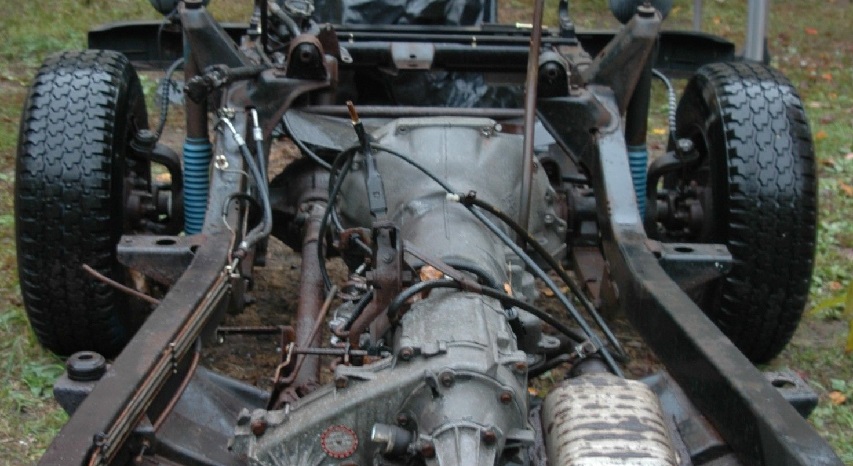Battle Overhead: Hard Tops vs. Soft Tops
Jeep owners often face the choice between a hardtop and a soft top for their vehicles. Both types of tops have their own unique set of benefits and drawbacks, and ultimately the decision comes down to the individual’s needs and preferences. In this article, we will provide a detailed comparison of the benefits of Jeep hard tops and soft tops to help you make an informed decision.


Benefits of Jeep Hard Tops
- Durability: Jeep hard tops are made of sturdy materials that can withstand tough weather conditions, heavy rain, and hail. They are more durable and long-lasting than soft tops.
- Better Insulation: Hardtops provide better insulation than soft tops, making them ideal for colder climates. They can keep the interior of the Jeep warm and cozy, even during the winter months.
- More Secure: Hardtops are more secure than soft tops since they can be locked, providing added security to the vehicle. They make it more difficult for thieves to break into the Jeep.
- Quieter Ride: Hardtops provide a quieter ride compared to soft tops since they block out more external noise. This is particularly beneficial for those who enjoy long road trips.
- Easy to Clean: Hardtops are easier to clean and maintain compared to soft tops. They don’t require as much maintenance or cleaning, and they are less prone to staining or damage.

Benefits of Jeep Soft Tops
- More Versatile: Soft tops are more versatile than hard tops. They can be easily removed and stored, allowing for a more open-air driving experience. This makes them ideal for summertime cruising or off-roading.
- Lightweight: Soft tops are lightweight, making them easier to handle and maneuver. This is particularly beneficial for off-road driving, where a lighter vehicle can navigate rough terrain more easily.
- More Affordable: Soft tops are generally more affordable than hard tops, making them a cost-effective option for Jeep owners who are on a budget.
- Easy to Replace: Soft tops are easy to replace, making it easier for Jeep owners to switch between a hardtop and soft top depending on their needs and preferences.
- Better Visibility: Soft tops provide better visibility than hard tops since they don’t have any blind spots or obstructions. This makes them safer to drive, particularly in urban areas with heavy traffic.

Drawbacks of Jeep Hard Tops
- Heavy: Hard tops are heavy and can make the Jeep feel more sluggish on the road. This can be particularly noticeable when driving uphill.
- More Expensive: Hard tops are generally more expensive than soft tops, making them a less cost-effective option for Jeep owners who are on a budget.
- Difficult to Install: Hard tops can be difficult to install and require more tools and equipment compared to soft tops.
- Limited Versatility: Hard tops are less versatile than soft tops since they cannot be easily removed or stored. This makes them less ideal for off-roading or summertime cruising.
- Limited Visibility: Hard tops can obstruct the driver’s view, particularly when driving in tight spaces or off-road.

Drawbacks of Jeep Soft Tops
- Less Durable: Soft tops are less durable than hard tops and are more prone to damage and wear over time.
- Limited Insulation: Soft tops provide less insulation compared to hard tops, making them less ideal for colder climates.
- Less Secure: Soft tops are less secure than hard tops since they can be easily cut or punctured.
- Noisier Ride: Soft tops provide a noisier ride compared to hard tops since they allow more external noise to enter the vehicle.
- Require More Maintenance: Soft tops require more maintenance and cleaning compared to hard tops, and they are more prone to staining and discoloration.

Round-Up
Jeep hardtops provide better durability, insulation, security, and a quieter ride, while soft tops are more versatile, lightweight, affordable, and offer better visibility. Ultimately, the choice between a hardtop and a soft top comes down to personal preference and the intended use of the Jeep. For what it’s worth, you always find my ride sporting a soft top!
